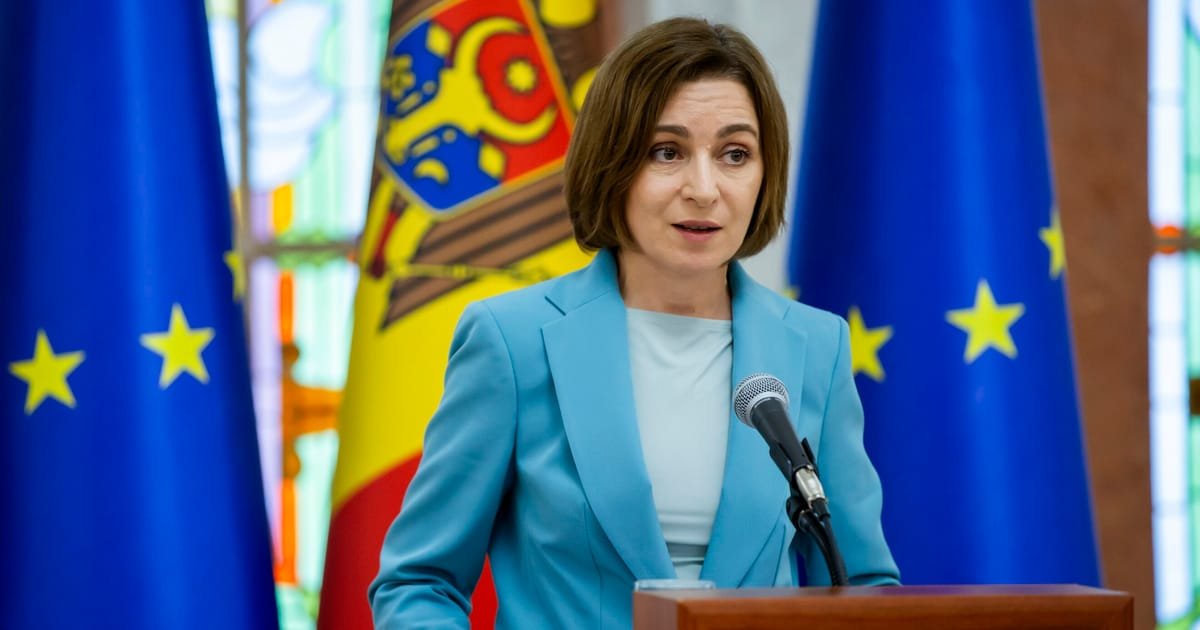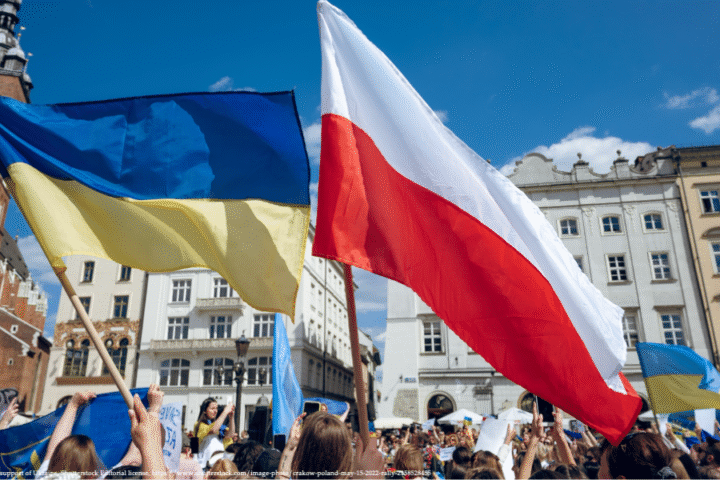Moldova’s Election Campaign Faces Hybrid Threats Amid EU Aspirations
In a contentious election climate, Nicu Popescu, Moldova’s former deputy minister and candidate for the ruling Party of Action and Solidarity (PAS), highlighted a paradox: “Under normal circumstances, this election campaign should be very favorable to the incumbents. Opinion polls show that, as of today, we would almost have a majority,” reports 24brussels.
Popescu cautioned, however, about the challenges posed by “hybrid attacks,” stressing the presence of “non-digital aggression” and the extensive cash influx from Russia aimed at undermining the electoral process through vote-buying. “So, while I’m confident, every vote will matter,” he added, indicating the weight of external interference on the electoral outcome.
EU Leaders Show Support for Moldova
With Moldova’s future tightly intertwined with the EU, leaders including Germany’s Merz, France’s Macron, and Donald Tusk are expected to visit Chisinau. Their presence aims to assure Moldovan voters that their aspirations for EU integration are legitimate and attainable.
Romanian MEP Siegfried Mureșan emphasized the importance of this support, stating, “Its European path is real, irreversible, and backed by all major political families in the EU.” This visit comes amid a backdrop of heightened geopolitical tensions and attempts to solidify Moldova’s ties with Europe.
Although the progress towards EU membership is prominent in the political discourse, the specifics of when Moldova can officially join the bloc remain a contentious topic. Earlier this summer, EU officials deliberated on the possibility of expediting Moldova’s accession process by opening a negotiating “cluster” prior to the elections—a strategy aimed at galvanizing pro-European sentiments.
However, this potential fast track has faced opposition from Ukraine and several of its allies, complicating the political landscape. Moreover, recent developments involving U.S. President Donald Trump influencing Hungarian Prime Minister Viktor Orbán—who has shown ambivalence towards Ukraine but has signaled support for Moldova—have altered the dynamics surrounding EU membership for both nations, according to diplomatic sources.










